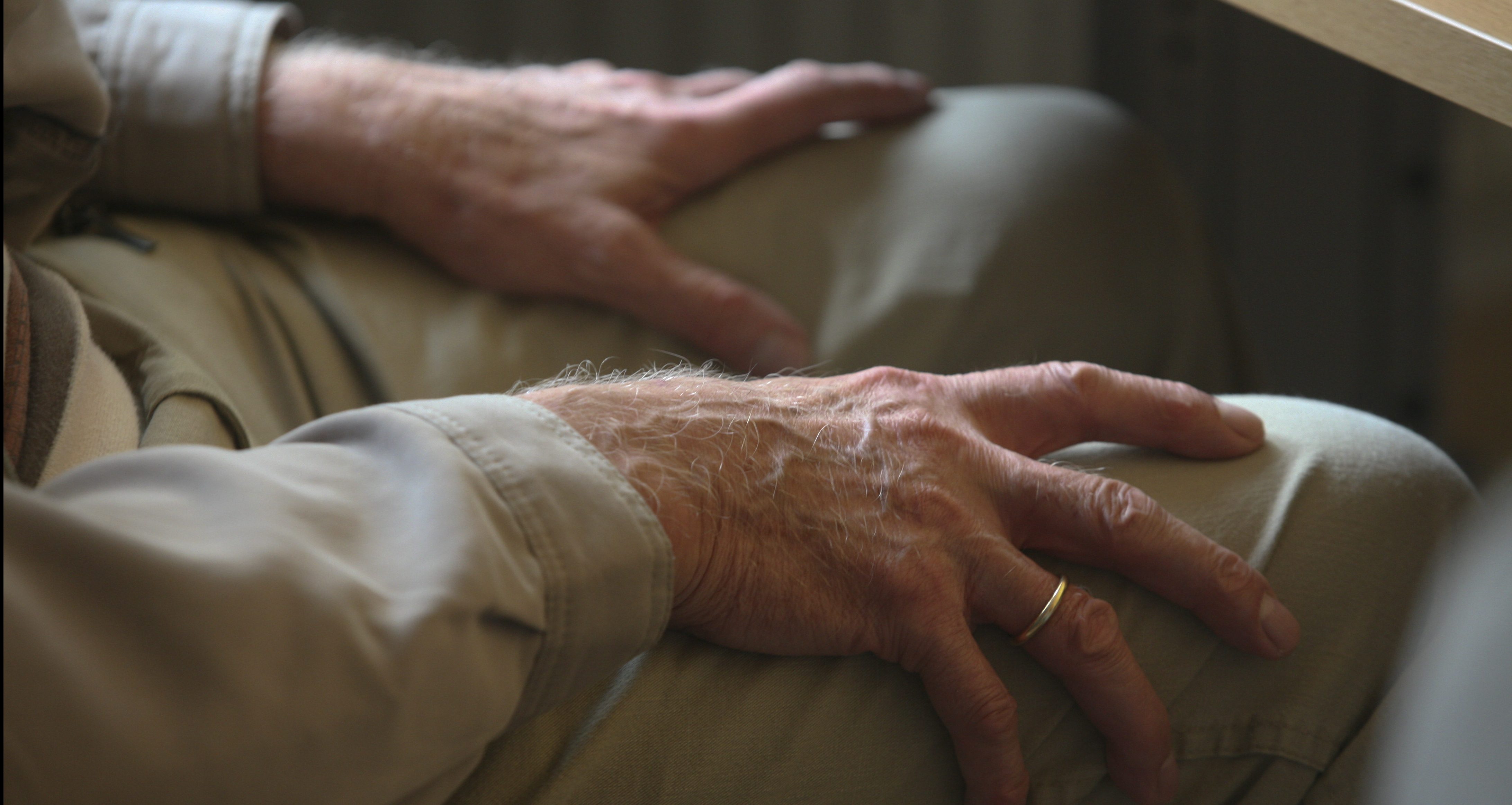There is little current knowledge about the nature and prevalence of elder abuse in the Netherlands. The assumption is that with the increased ageing of the population, the elderly continuing to live at home longer, and the growing emphasis on self-sufficiency, the problem can become exacerbated in the future if we do not have sufficient control of prevention and intervention. Against this background, and at the request of the Ministry of Health, Welfare and Sport (VWS), the Scientific Research and Documentation Centre (WODC) has commissioned Regioplan to conduct a study on the nature and scope of elder abuse. Regioplan has carried out the study in 2017 and 2018 in collaboration with Avans University of Applied Sciences (Lectorate of Safety in dependent relationships) and Leyden Academy on Vitality and Ageing.
The study took place in the Dutch cities of Rotterdam, Tilburg and Boxtel. Several frameworks were set in advance in order to define the research: (1) the elderly who participate in the study are 65 years old and older, and (2) the elderly who participate in the study live at home. A distinction is made in this study among five forms of elder abuse, specifically neglect, psychological abuse including violation of rights, physical abuse, financial disadvantage and sexual abuse. To be able to form as good a picture as possible of the prevalence, a combination of various research methods has been applied, specifically (1) a large number of face-to-face interviews with a representative group of those aged 65 and older in three municipalities of varied size, (2) an informant study where signals of elder abuse were registered by several professional groups in three municipalities, (3) registrations of the Veilig Thuis (‘Safe Home’) organisation (notifications and recommendations in three municipalities) as a supplementary source, and (4) a literature study as a frame of reference for the interpretation of the research results.
An English summary of the report can be found here.



